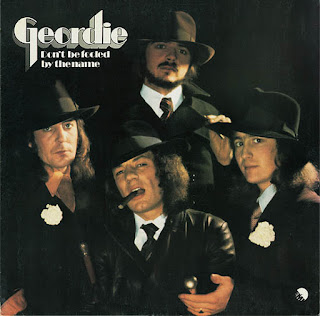Electric Food – Electric Food
Release date:1970
Genre: Hard Rock
Who the actual band was is a mystery, as no musician credits are given, except that the debut is from the time of 'Asterix's' first single and features George "Monroe" Mavros on vocals.
In 1970 they released their debut album 'Electric Food' and had strong influences from Led Zeppelin, Uriah Heep, and Spooky Tooth.
Their own versions of such classics as "Whole Lotta Love","House Of The Rising Sun" and "Let's Work Together" are worth to be mentioned too.
- Whole Lotta Love
- The Reason Why
- Hey Down
- Tavern
- Going To See My Mother
- House Of The Rising Sun
- Let's Work Together
- Sule Skerry
- Nosferatu
- Twelve Months And A Day
- Icerose
- I'll Try
- Peter Hesslein - Lead Guitar
- George Mavros - Lead Vocals
- Dieter Horns - Bass Guitar
- Peter Hecht - Keyboards
- Addy Rietenbach - Drums










